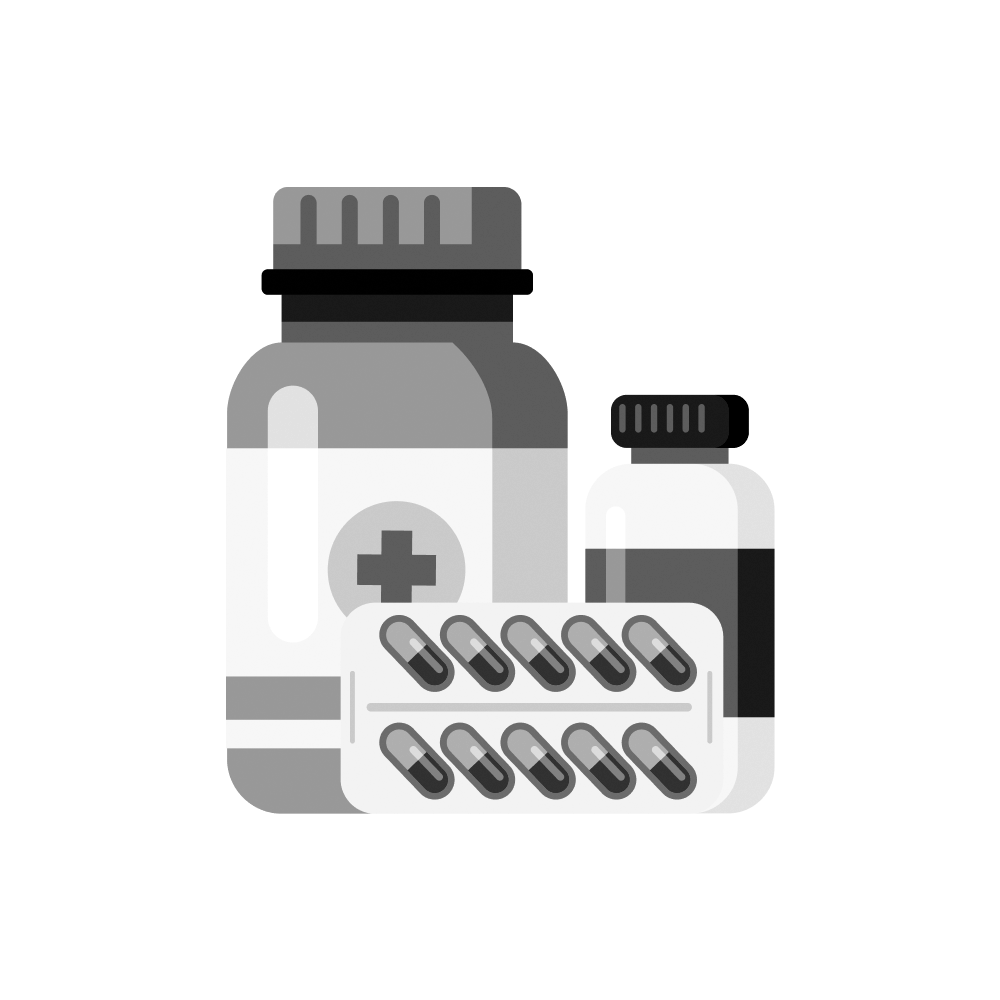ব্যবসার জন্য পাইকারি দামে পণ্য কিনতে রেজিস্টেশন করুন
Register
Jenphar Bangladesh Ltd.
Generic: Fluticasone Propionate 0.05% Topical
ব্যবসার জন্য পাইকারি দামে পণ্য কিনতে রেজিস্টেশন করুন
Register
Jenphar Bangladesh Ltd.
Generic: Fluticasone Propionate 0.05% Topical
Disclaimer
The information provided herein is accurate, updated and complete as per the best practices of the Company. Please note that this information should not be treated as a replacement for physical medical consultation or advice. We do not guarantee the accuracy and the completeness of the information so provided. The absence of any information and/or warning to any drug shall not be considered and assumed as an implied assurance of the Company. We do not take any responsibility for the consequences arising out of the aforementioned information and strongly recommend you for a physical consultation in case of any queries or doubts.
